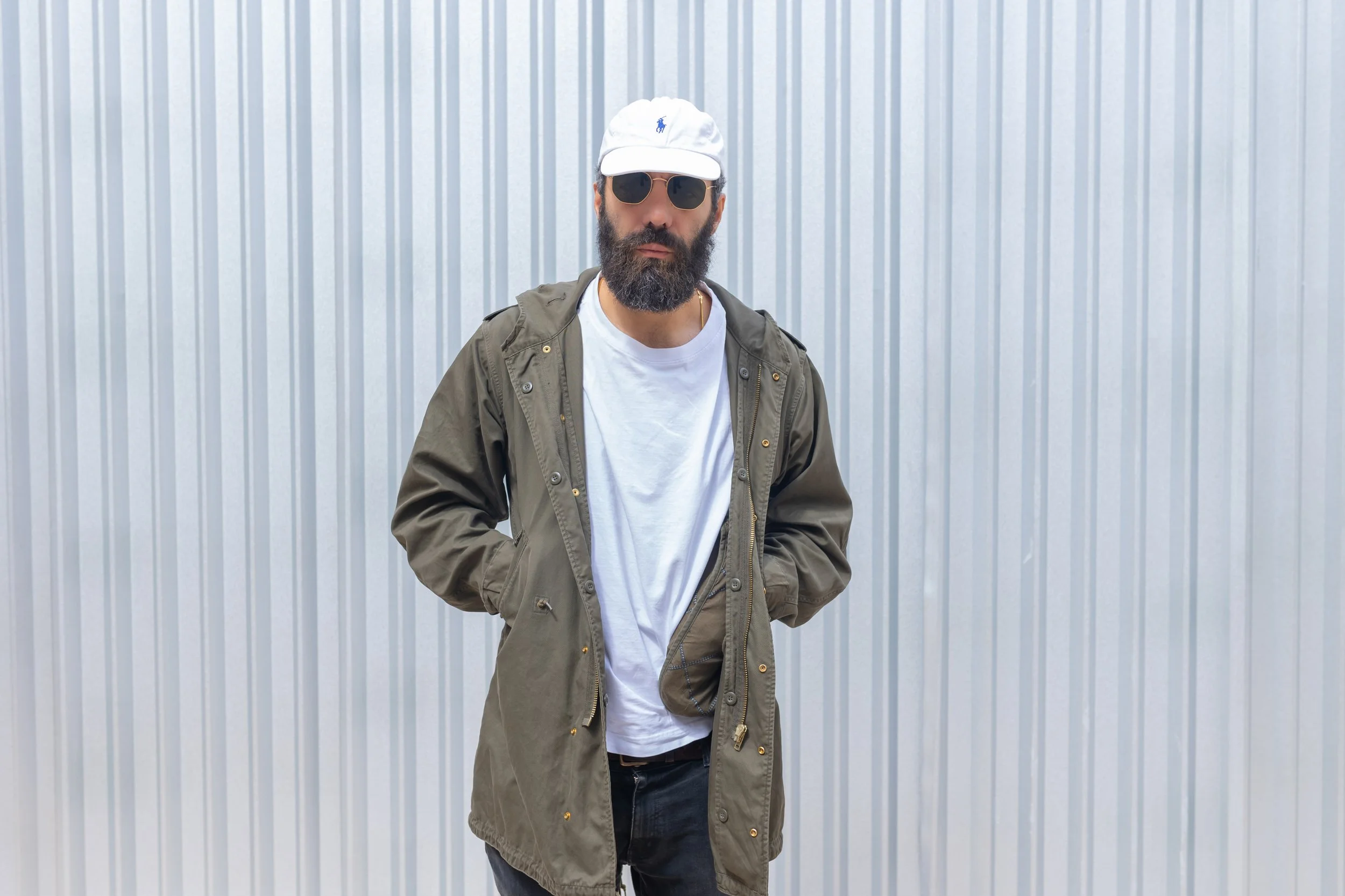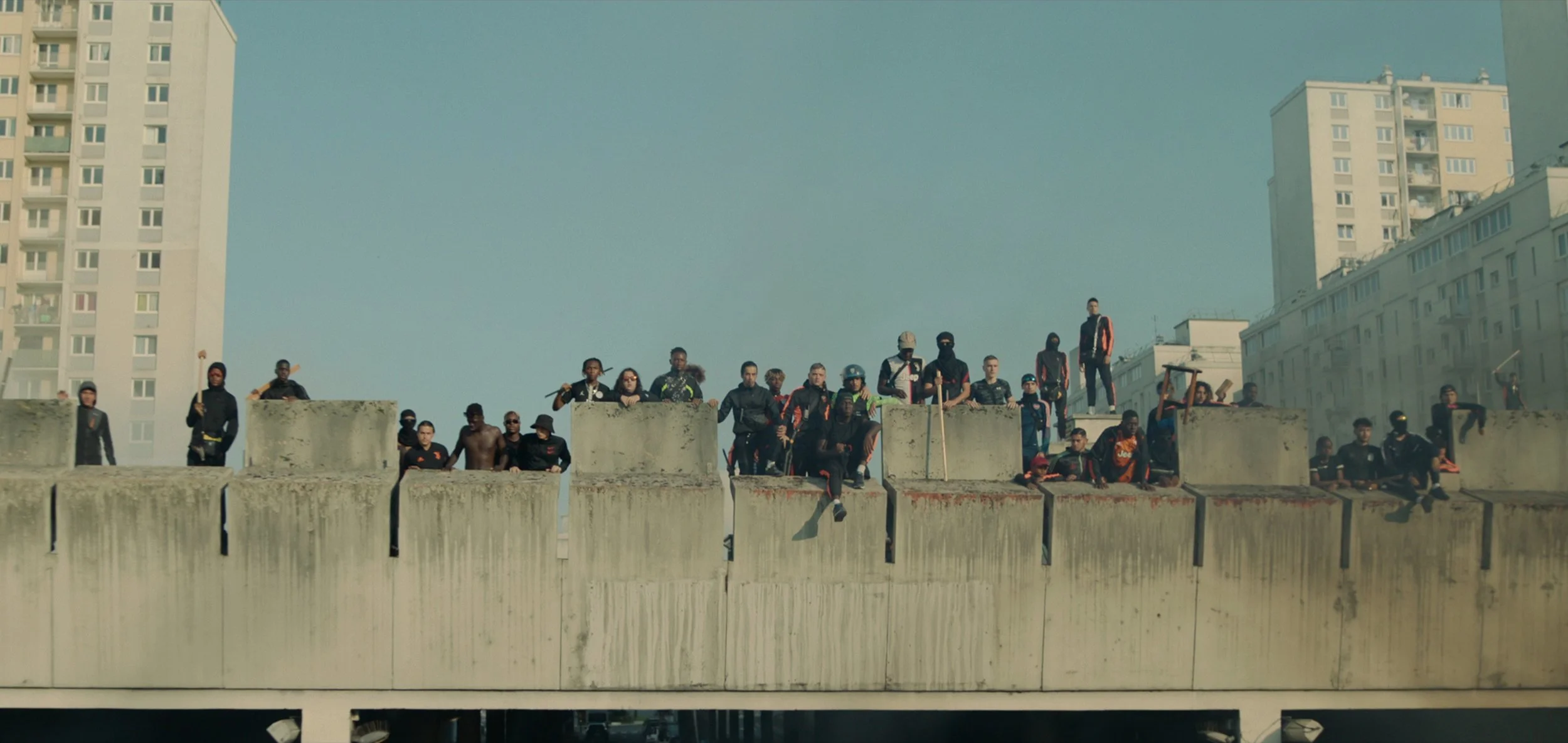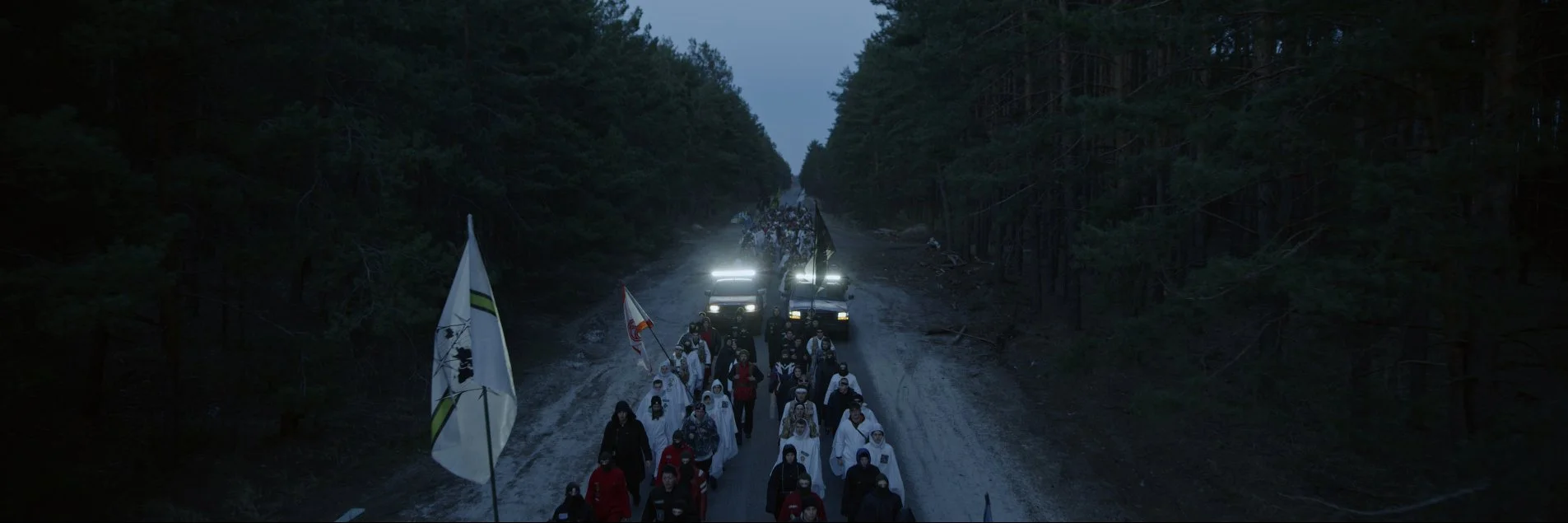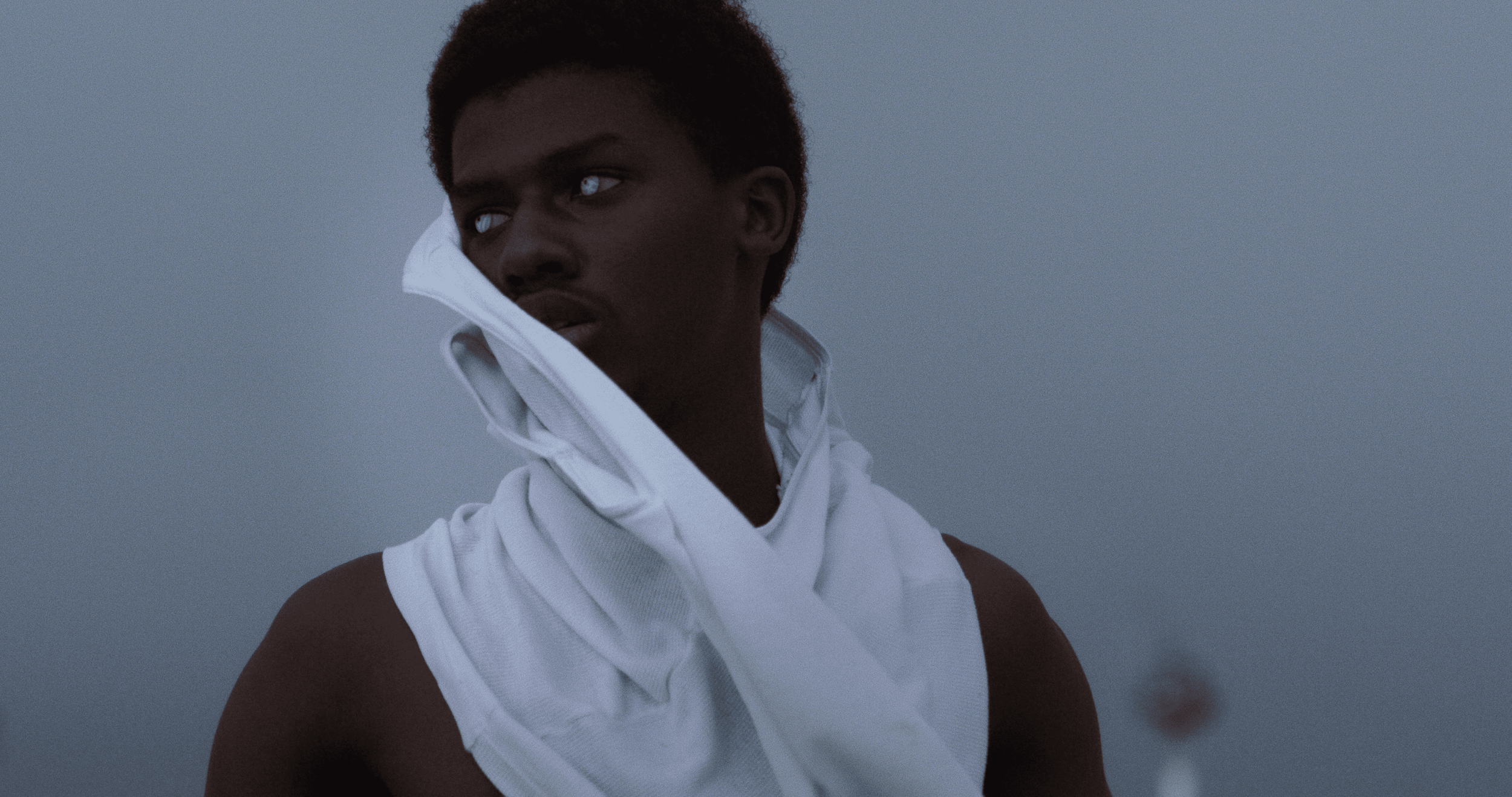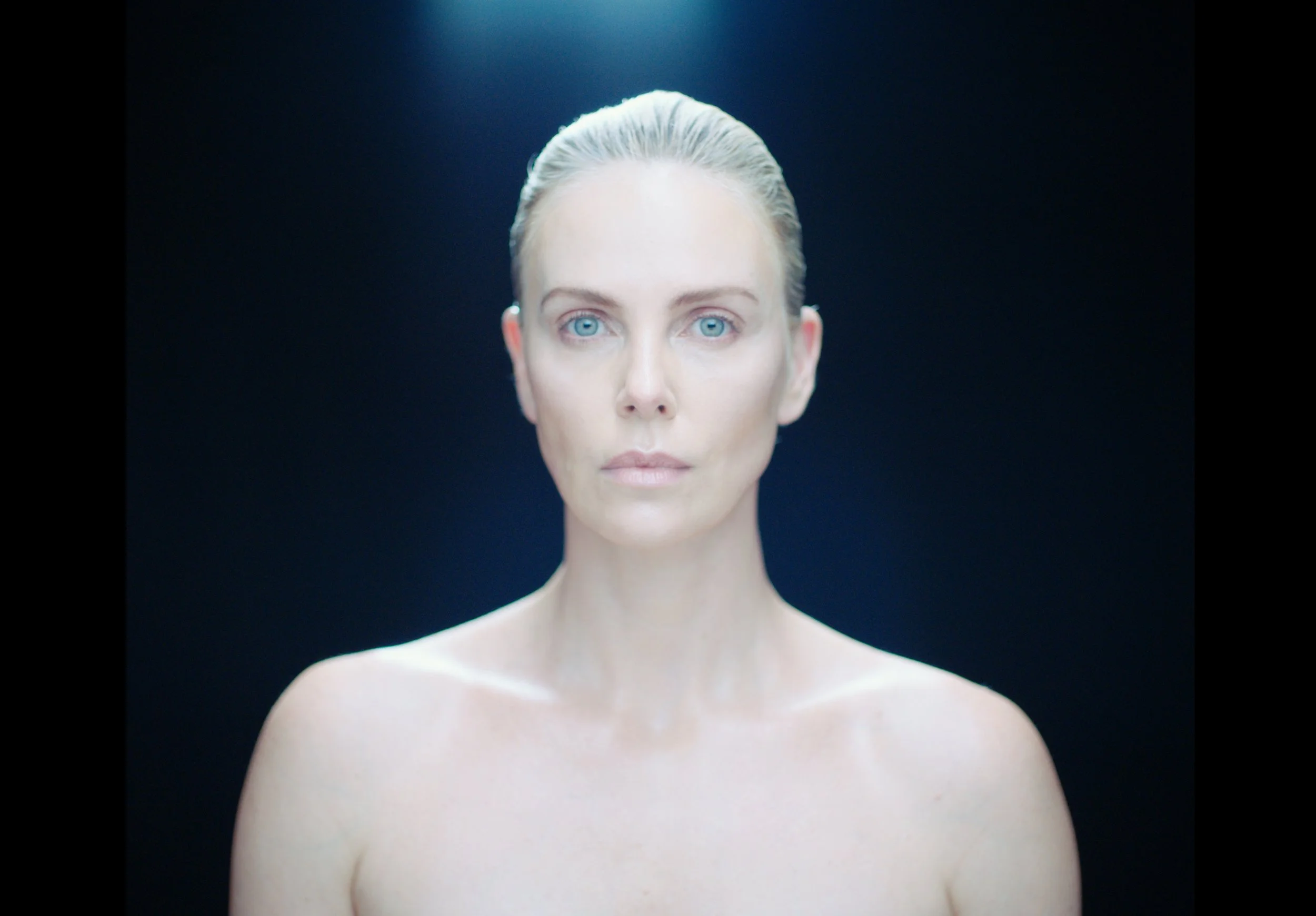Romain Gavras | A Movement Toward Chaos
by John-Paul Pryor
This year has been an exceptionally busy one for modern cinema’s most divisive rebel Romain Gavras—a man whose uncompromising celluloid visions have never failed to carve up critical opinion firmly along lines of love and hate. This summer his cinematic triptych Gener8tion (co-produced by The Onassis Foundation and conceived with electronic music legend Surkin) brought three unsettling snapshots of speculative futures to stunned audiences in Venice, London and Athens. As if that was not enough, his Netflix-produced feature Athena has also just dropped globally, confirming him as an unparalleled master in the choreography of violent conflict. Those familiar with his oeuvre will perhaps not be surprised to find the man once both deplored and celebrated for the ultra-violent music videos he made for the likes of Justice and MIA creating a kaleidoscopic fresco of conflict in Athena, in which a heavily armed housing estate in a French banlieue descends into besieged chaos following the murder of a teenager. Presented as a hyper-modern Greek tragedy, and portraying the breakdown of the relationship between three brothers of the murdered teen against a backdrop of revolt and social unrest, it’s a veritable Molotov cocktail of a film. However, the slow-moving, balletic and fantastical territory of the future-focused Gener8tion project is perhaps somewhat more unexpected terrain—portraying youthful fellowship in a post-apocalyptic wasteland, a propaganda video for a pseudo-religious cult, and the brilliant Charlize Theron as an inhuman emotion generator. One decade on from my first interview with the filmmaker, I met him at the big screen premiere of Athena at Onassis Stegi in order to discuss his recent output, and find out why the only moral compass he feels a need to follow is one that points to the evolution of cinema.
Athena
Why are you drawn the spectacle of violence and conflict?
All drama is conflict, you know? Even if it’s a love story—it’s always about conflict. At the moment, I’m actually trying to self-analyze as to why I am drawn to this type of imagery, and I think it’s to do with what I was raised on. I was not allowed to watch Hollywood movies, or things like The Lion King when I was a kid. I was mostly fed with Greek tragedy and Greek myths, and they’re extremely violent, and full of strong iconography. As a filmmaker, I speak in images, and to speak in images is also to speak with symbolism, so, in a sense, creating this kind of an iconography is to create modern myths. In Athena, we really treated it like a Greek tragedy—I wanted to make it feel timeless, because, for me, every conflict has the same patterns, and whether it’s now, or from past, it is essentially the same. It’s always a movement towards chaos, because rage blinds everything; rage blinds reason.
Agartha
There is a sense of timelessness and mythology to the Genera8tion project also…
Yeah. The great thing with Gener8tion is having that freedom to create a narrative that’s completely non-linear, and just give these glimpses of ideas. If a film is a novel, then the Gener8tion pieces are more like little poems in themselves—with some dark, some more light. The way I describe it is that it is almost like the first Klaxons album name, Myths of the Near Future. Gener8tion is almost like an archeological way of seeing the future, you know? Every time I make commercials, I put some money on the side and then I shoot these pieces, because it’s like complete artistic freedom.
There seems to be a greater sense of hope in Gener8tion than in your previous work, particularly in the short Neo-Surf…
I see hope in humanity. Traveling the world in my life, I’ve been to places like Afghanistan that are really torn up by conflict and war, and I’ve always seen that in those places youth is always youth, and all over the world youth is always, you know, going to dance and take weird drugs (laughs). At the moment, everyone is talking about how the world of the future is going to be shaped by climate change and pollution, which is true, and the point of Neo-Surf, I guess, is that even in the darkest future, teenagers are always going to be teenagers, even though the world is on fire around them. I thought it was interesting to take that counterpoint.
Neo-Surf
And the film Agartha is kind of the flip side of that hope?
Well, in Agartha, the idea was about the way ideas are getting dumber and dumber in society. In America, you have all of these Flat Earthers, so we wanted to create Hollow Earthers, and create a very serious propaganda film about a very stupid idea. It’s meant to be almost like the trolls from the Internet coming out of the woods and creating an army. I filmed it as a propaganda film for an extreme conspiracy group—putting myself in the point-of-view of the kind of filmmaker who might actually do that for you.
As an artist in which direction would you say your moral compass is pointed?
I think there are two moral compasses. There’s the moral compass of whether you are a good person, or a good dad, or good with your friends and family, and in this, I try to be as good as I can. And then, for me, the morality towards the art I am making is towards cinema. If I have a responsibility as a filmmaker, then that responsibility is towards cinema and towards the images I create, not towards like the bigger picture. I’m always very careful not to do stuff that could be reduced to a hashtag, like ‘war is bad, peace is good.’ I remember the times when it was almost laughable in pop culture to be political, but now it has almost changed to where everyone’s like waving a flag and virtue signaling, so I’ve seen the world getting more political in a very fake and surface sense.
How do you think that kind of virtue signaling is affecting art?
I think it makes it more difficult to create nuanced work. It was hard to showcase the Agartha piece, for example, just because people would ask questions about whether it was promoting crazy conspiracy theorists, or far-right groups. And I’m like, no, it’s an artistic vision of putting myself in the shoes of a director that would do a propaganda video of a very stupid idea. But as soon as you get into ideas that are a little bit complex, or not black or white, it gets very difficult. I’m not against cancel culture when people commit crimes, but I wish critical cancel culture was just reserved for people that make bad art. I think that should be the standard.
What were you seeking to explore in the third installment of Gener8tion featuring Charlize Theron?
It’s about the way computer-generated images are soon going to be able to translate real emotions, and it kind of plays on the idea of human but not really human. Charlize is probably one of the best actresses of the world, so in one take she can go from crying, to rage to laughter… everything. I’ve always found the ability actors have to generate that from within themselves fascinating, but at some point, your computer’s going to be able to generate those emotions. So, for me, it was almost interesting to have an actor performing as if she was actually CGI.
Charlize Theron in Emotions
You tend to divide opinion—do you ever think about your audience when creating art?
Not really. I mean, I do think about the audience in terms of emotions—wanting you to feel tense, wanting you to feel scared, wanting you to laugh—that type of thing, but as to critical reactions, I don’t think about it. And I’ve been educated not to do that with my music videos. On the day my video for “Stress” by Justice came out, I was almost public enemy number one because everyone thought it was snuff, and we said nothing about it for a week. But the reaction went from being burned in the public square, to people completely changing their minds a year later.
Athena
